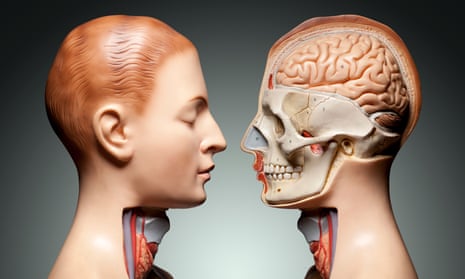What you’ll learn
Anatomy and physiology degrees are for those who are fascinated by the science of medicine. You’ll learn about the structure of the body and how it functions. You’ll gain an understanding of the causes, diagnosis and treatment of disease, and its effect on different parts of the body. You could learn, for example, how cells develop, how limbs form in the right places, and even how muscle groups are used in different sports. You may also touch on hot topics such as cell cloning, bioinformatics, genetic engineering, or the impact of malaria or HIV on a human being.
After investigating some of the more high-profile – which usually means controversial – areas of this field, such as genomics or food safety, you should be able to debate the pros and cons of the issues and to articulate an argument.
You’ll have a working knowledge of how diseases develop and how this affects the function of the body, as well as being able to identify risks – if you spray a field with a certain chemical, could it damage eyesight, for example – and how they can be prevented.
You should walk away from a degree with an excellent knowledge of how the body works, and an understanding of biology, genetics, immunology, pharmacology and disease processes.
How you’ll learn
Expect to spend lots of your time in lectures, seminars and laboratory practicals. Courses are very hands-on, so you could be doing anything from dissection classes to fieldwork or data analysis. As well as learning independently, you’ll probably need to complete group work with your classmates. Most courses will include a hefty research project in the final year. Produce a good final paper and it could be the start of a career in academia.
What are the entry requirements?
Entry requirements vary. However, most courses will ask for chemistry and biology at A-level (or equivalent). Psychology and mathematics may also be desirable. Some universities will ask that you have at least a C grade in GCSE English and mathematics.
What job can I get?
There are lots of options for anatomy and physiology graduates, in health-related professions and beyond. Many graduates work as physiotherapists, or in fields such as cardiology, audiology, neurophysiology or speech and language therapy.
If you loved the research side of your course, a career in science research could be right up your street. This will require extra study, but you will be able to specialise in an area of particular interest. This doesn’t necessarily mean you need to stay in a university, because pharmaceutical companies, charities and government departments need researchers.
Teaching is another option, either as a university lecturer or in a school, while the analytic skills you’ll gain should make you an attractive candidate for multinational corporations.
